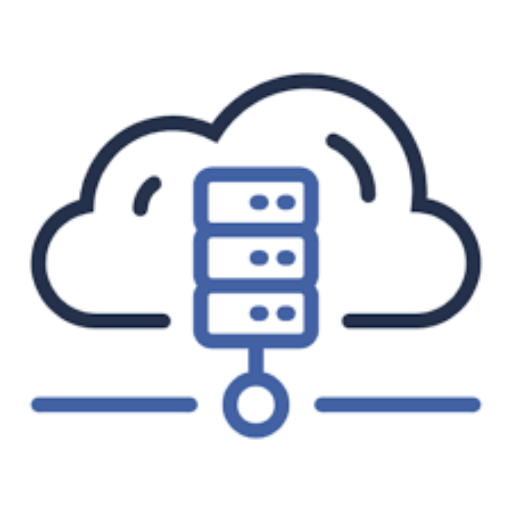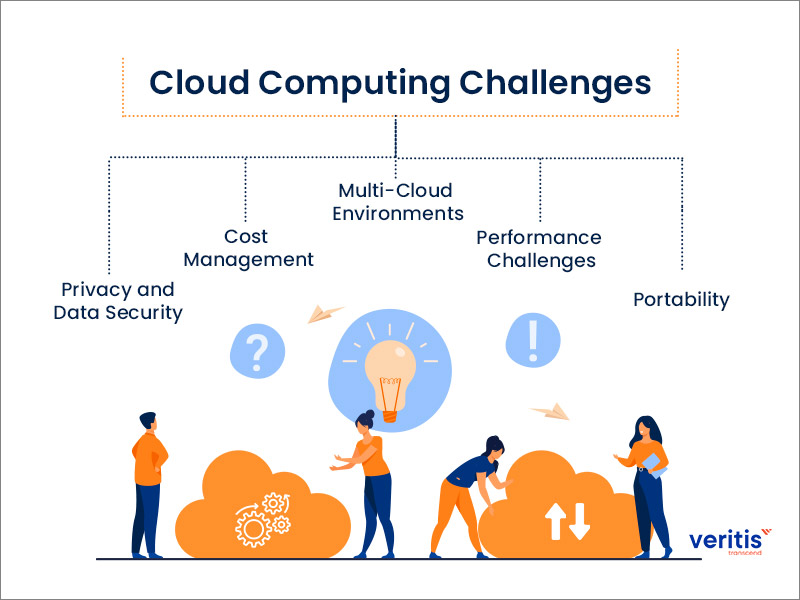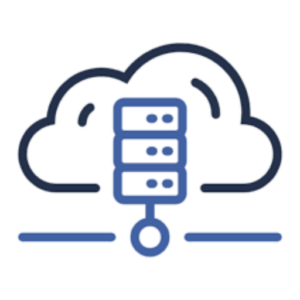
Cloud Computing in Retail: Transforming the Shopping Experience 2024
Advertisment
Cloud Computing in Retail: Revolutionizing the Shopping Experience
Cloud Computing is reshaping the retail sector by delivering innovative solutions that significantly enhance customer experiences, streamline operational processes, and optimize inventory management. As retailers increasingly embrace cloud technologies, they are better equipped to adapt to market fluctuations, refine their supply chains, and provide personalized shopping experiences. This article delves into the myriad benefits, applications, challenges, and best practices associated with Cloud Computing in retail.
1. Understanding Cloud Computing in Retail
1.1. What is Cloud Computing?
Cloud Computing refers to the provision of computing services—including storage, processing power, and applications—via the internet. This model enables retailers to access resources on-demand, offering the flexibility and scalability necessary to meet their evolving business needs.
1.2. The Importance of Cloud Computing for Retailers
In retail, Cloud Computing is pivotal for effectively managing customer data, inventory, and sales processes. By leveraging cloud-based solutions, retailers can enhance their operations, improve customer engagement, and boost overall business performance.
Keywords: Cloud Computing, retail, shopping experience
2. Advantages of Cloud Computing in Retail
2.1. Elevated Customer Experience
Cloud technologies empower retailers to offer tailored shopping experiences through in-depth data analysis and customer insights. By understanding customer preferences and behaviors, retailers can customize their marketing strategies and product offerings.
2.2. Scalability
Cloud solutions provide the capability to adjust resources dynamically based on demand. Retailers can easily modify their IT infrastructure to accommodate seasonal shifts, promotional campaigns, or changes in consumer behavior.
2.3. Optimized Inventory Management
With cloud-based inventory management systems, retailers can monitor stock levels in real time, reducing the likelihood of overstocking or stockouts. This leads to a more efficient supply chain and higher customer satisfaction.
2.4. Cost Efficiency
Transitioning to Cloud Computing significantly lowers the costs associated with maintaining on-premises hardware and software. Retailers can adopt a pay-as-you-go model, which allows for more effective resource allocation and increased investment in customer-focused initiatives.
Keywords: customer experience, scalability, inventory management, cost efficiency
3. Key Applications of Cloud Computing in Retail
3.1. E-Commerce Solutions
Cloud-based e-commerce platforms (like Shopify and WooCommerce) equip retailers with the tools needed to effortlessly create and manage online stores. These solutions often encompass payment processing, inventory management, and marketing functionalities.
3.2. Customer Relationship Management (CRM)
Cloud-based CRM systems (such as Salesforce and HubSpot) enable retailers to efficiently manage customer interactions. These tools assist in tracking customer preferences, facilitating targeted marketing campaigns, and enhancing overall customer service.
Advertisment
3.3. Data Analytics
Cloud-based analytics tools allow retailers to evaluate sales data, customer behavior, and market trends. This analysis fosters data-driven decision-making, aiding retailers in refining their strategies and enhancing profitability.
3.4. Supply Chain Optimization
Cloud solutions facilitate improved visibility and collaboration within supply chains, connecting retailers, suppliers, and logistics providers. By harnessing real-time data, retailers can make informed decisions and quickly adapt to changes in demand.
Keywords: e-commerce solutions, CRM, data analytics, supply chain optimization
4. Challenges of Implementing Cloud Computing in Retail
4.1. Data Security Issues
Retailers handle significant volumes of sensitive customer information, making data security a top priority. Ensuring compliance with regulations such as GDPR demands meticulous selection of cloud providers and robust security measures.
4.2. Integration Difficulties with Legacy Systems
Many retailers depend on legacy systems that may struggle to integrate with modern cloud solutions. Establishing a well-defined integration strategy is crucial for a smooth transition to cloud services.
4.3. Internet Connectivity Reliability
Cloud services require stable internet connectivity. In regions with unreliable connections, retailers may face disruptions that could adversely affect operations and customer experiences.
Keywords: data security, integration challenges, internet reliability
5. Best Practices for Cloud Computing Implementation in Retail
5.1. Perform a Needs Assessment
Before adopting cloud solutions, retailers should evaluate their specific requirements and objectives. This analysis will help identify which cloud services best align with their operational goals.
5.2. Select a Reliable Cloud Provider
Choosing a reputable cloud provider with experience in the retail industry is critical. Retailers should assess providers based on their security measures, compliance capabilities, and customer support.
5.3. Emphasize Staff Training
Providing comprehensive training for staff on cloud technologies is essential for effective implementation. Well-informed employees can utilize cloud tools efficiently, contributing to improved operational effectiveness.
5.4. Enforce Strong Security Protocols
Retailers must prioritize data security by implementing encryption, access controls, and regular security audits. These measures are crucial for safeguarding sensitive customer data and maintaining trust.
Keywords: needs assessment, reliable provider, staff training, security protocols
6. Conclusion
Cloud Computing is revolutionizing the retail landscape by enhancing customer experiences, boosting operational efficiency, and enabling data-driven decision-making. By adopting cloud technologies, retailers can optimize their operations and deliver personalized shopping experiences that foster customer loyalty. By understanding the challenges and implementing best practices, organizations can effectively leverage Cloud Computing within the retail sector.
Advertisment












Post Comment